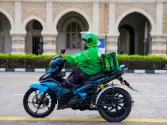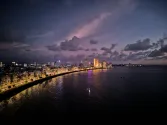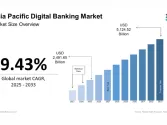PacificLight launches household renewable energy certificates
It is marketed at a price of 17.66 cents/kWh.
Singapore's electricity generator and retailer PacificLight has rolled out the first renewable energy certificates (RECs) catering to household consumers in Singapore, through a partnership with REC trading platform T-RECS.ai, according to a press release.
The new plan allows customers to track the source and vintage of the RECs issued to them through T-RECS.ai’s blockchain and AI-powered trading platform, with serialized RECs purchased from solar farms. in the region.
It was launched at a price of 17.66 cents/kWh including GST.
Almost 8,500 of PacificLight’s customers who have opted to receive electronic bills have received free 3 RECs each, which equates to six months of an average household’s electricity consumption. Customers who switch to e-billing before 31 December can still receive 3 free RECs.
A REC certifies that the bearer owns 1,000kWh of electricity generated from a renewable energy source.



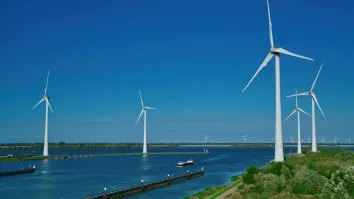
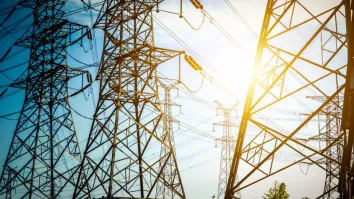
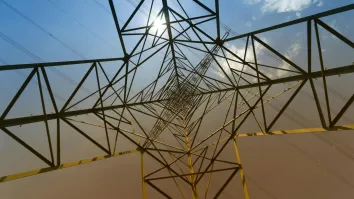













 Advertise
Advertise


